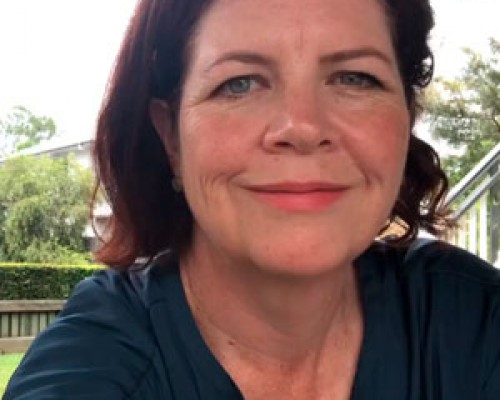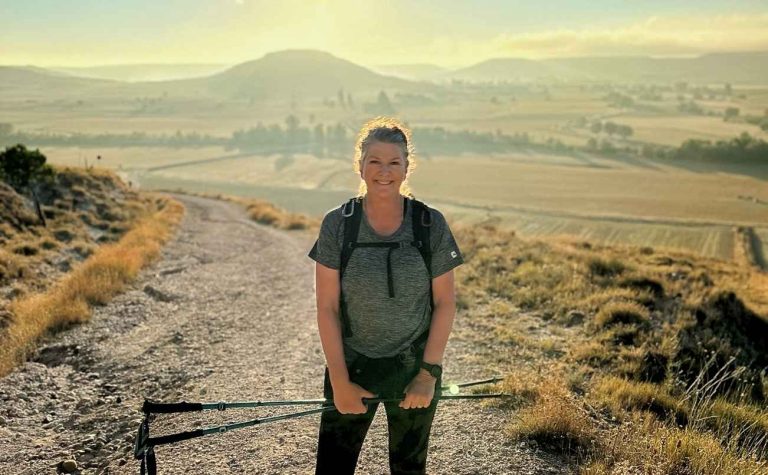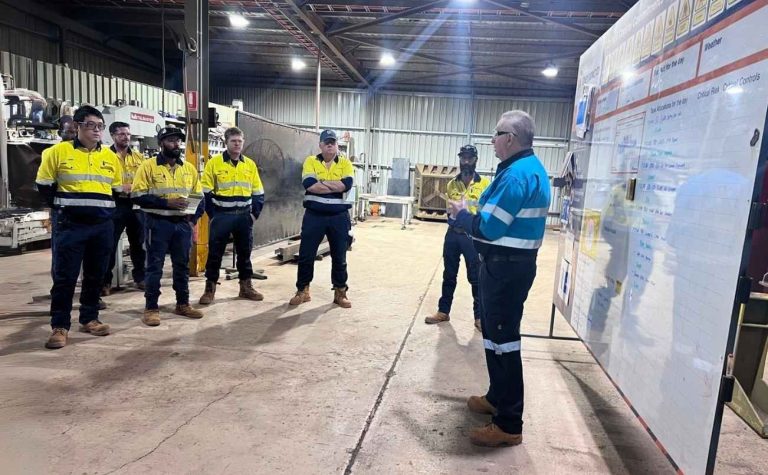Stop gap jobs are the unsung career heroes on the road to better days ahead. For the last 14+ years, we have had conversations Monday through Friday with people who are at turning points in their working lives. And the worries shared are always the same …
- Making that next best career move
- Keeping money coming in the door
- A little (and sometimes a lot) of self-doubt
We encourage, we understand, and we share what we know to be true about taking those next steps.
When it comes to navigating transition points in your working life, this is what we have learned:
Listen to this on our Podcast
1. What you believe matters
At this point, you have control over this one very important factor in any change.
You have absolute control over the attitude you bring to this situation.
Now, don’t get us wrong – life can throw some pretty tough challenges at us.
Choosing your attitude doesn’t mean that you have to pretend otherwise.
But what you believe matters.
It shows up in job applications and interviews, and in the decisions you make.
So, believe in yourself.
Believe that new and better days will come. Maybe today isn’t that day and maybe not tomorrow either, but believe that they will come.
Find out what you’re eligible for
It takes work to control your attitude, but it also takes work to choose to remain defeated and it’s downright exhausting.
Randall and I decided years ago that in the face of adversity, we would consistently choose to believe that we had a future and a hope. Even on the days when it all seemed too much. Especially on those days. Let’s face it, on those days there is nothing to lose with that belief and everything to gain.
We remind our Churchill clients over and over that your experience is absolutely worth something. Believe it.
2. Stop Gap Jobs can be the Breathing Space Needed
When Randall left the police and had no idea what to do next, he took on two stop gap jobs.
One was doing some contract private investigation work – taking statements from witnesses for insurance claims. It was the sort of work that he knew how to do easily and brought in some quick cash.
The other was selling cars in a car yard every Saturday. This job was by far tougher for one simple reason – he had to learn how to talk to people without the authority of the police badge or confidence that years of doing a job had instilled in him. He found it hard but he also found it worthwhile in helping him find his feet outside his policing career.
When Amanda sold her homewares business, she took on a merchandising role at an upmarket nursery. The merchandising she knew inside and out whilst she knew nothing about the world of plants and horticulture. She had never worked so physically hard or in the outdoors before in her life. That time recharged her and reminded her of what she wanted in a team environment and from an employer – and what she had to offer too.
When I was looking for a job in transitioning to a legal career, I took a job entering data into a purchasing system, invoice after invoice. The office was literally underground with a tiny window covered with bars that showed me the feet of the pedestrians walking the footpath above us.
I worked with good people and the work was honourable – but I needed more variety in my daily working life so I put extra energy into finding a role that wouldn’t lock me into the same sort of legal work, day in day out.
One of our best hires on the Churchill team ever, was a highly experienced Trainer/Assessor called John. John came to our interview in the best suit and smashed his interview. He came straight to us from a night shift cleaning off the floor at the Golden Circle Cannery. When that came out during the interview, we were struck by the integrity of the man – prepared to work hard in physically onerous jobs, well outside of his extensive business experience, to ensure he provided for his family.
These jobs were never long-term positions for any of us. And they were also jobs of honour – doing good work we could be proud of.
But even more, they had a long-term impact. They paid the bills and they helped us realise what we wanted in our next job. These jobs also helped give us the breathing room to find that next position.
So, sometimes the best thing you can do is take a stop gap job – something that gives you the room to make good choices about what you really want in your working life.
3. Stepping Back can help You Step Ahead
In a perfect world, we would all leave one job and leap up to the next logical promotion in a wonderful upwards career trajectory that never stalled.
Except that life is full of unexpected detours.
Sometimes, we are going to have an easier time transitioning careers or jobs if we are prepared to take a step backwards on the career hierarchy to get our feet in the door of a new industry or with a fresh employer.
Find out what you’re eligible for
Staying unemployed, hanging out for the next higher position can cost us a lot more in the long run.
The math can be quite simple: some income is always better than no income.
On the confidence front, executing a clear plan to get that new job with a goal of moving up the ladder is always going to motivate us a lot more than feeling stuck without work or in a position we hate.
We have consistently watched Churchill Alumni climb quickly in their careers after transition as their depth of experience, skills and knowledge shines in their new place of employment.
You are indeed a very clever bunch.
You’ve got this far.
Here’s to even better days ahead.
Tricia Velthuizen
Co-Founder










